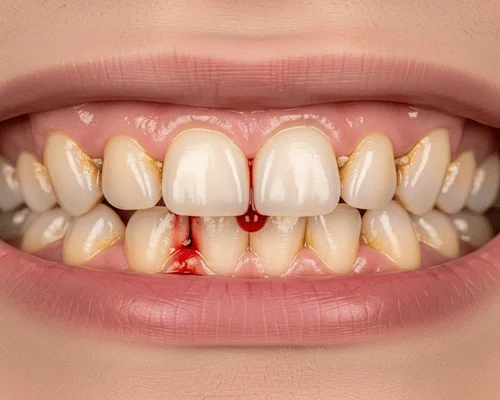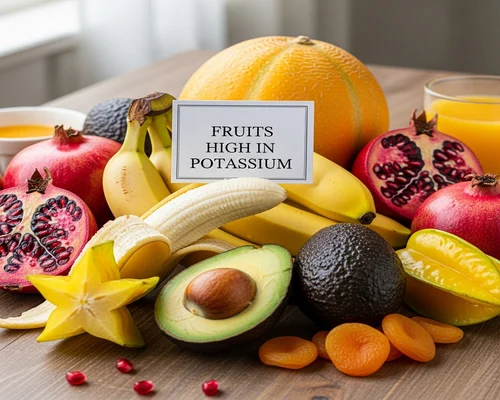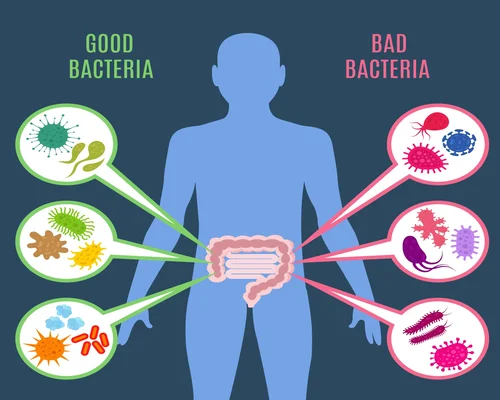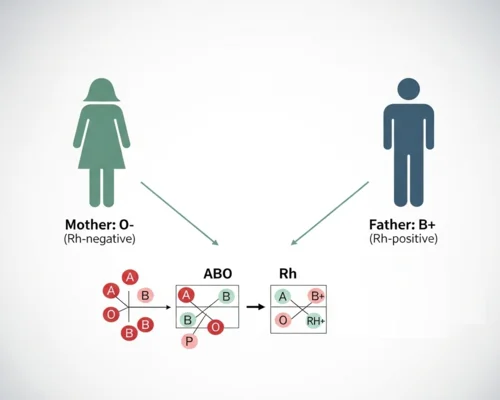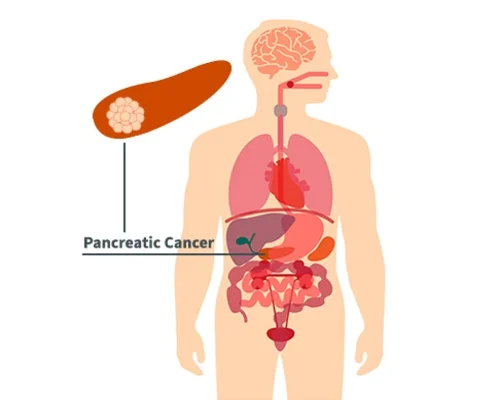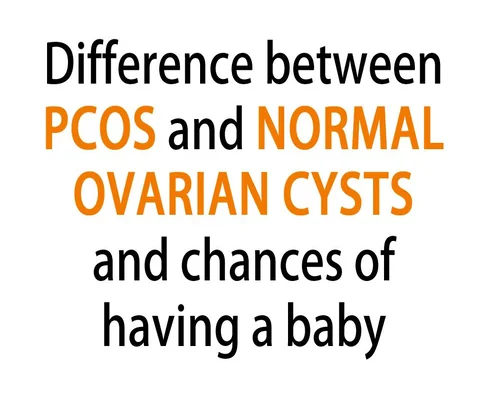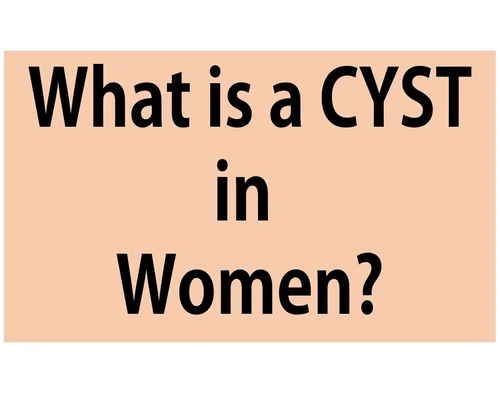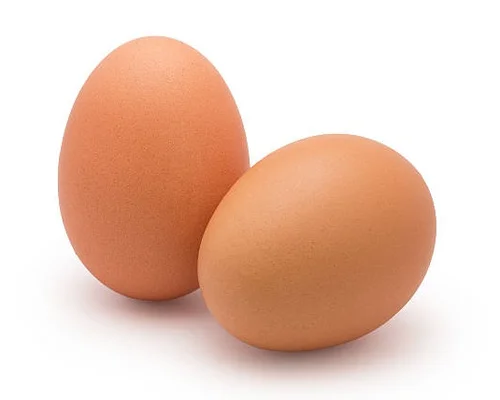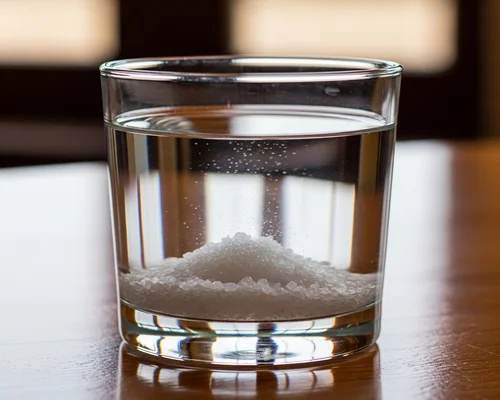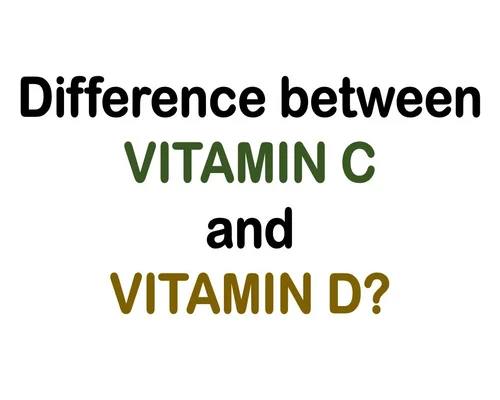
What is the difference between Vitamin C and Vitamin D?
What is the difference between Vitamin C and Vitamin D?
Vitamin C and Vitamin D — Although these two vitamins are very important for our body, they have many differences in their structure, source, function, and how they work in the body.
Below is a breakdown of their differences:
Regarding Vitamin C
Type: Water-soluble
Source: Mainly fruits and vegetables (lemon, guava, orange, tomato, green chili, etc.)
Storage in the body: Does not accumulate in the body for long
Main function: Antioxidant, helps in disease prevention,
Deficiency symptoms: Scurvy, bleeding gums, fatigue, decreased immunity
Heat sensitivity: Breaks down in heat
Risks of taking supplements: Even if in excess, it is easily excreted through urine
Regarding Vitamin D
Type: Fat-soluble
Source: Sunlight, egg yolk, fish oil, milk, fortified foods
Storage in the body: Can be stored in the liver and fat
Main function: Maintains good bone health, increases calcium absorption, helps in disease prevention
Deficiency symptoms: Bone weakness, rickets (in children) cases), osteomalacia, fatigue, mood swings
Heat sensitivity: Stable in heat
Risks of taking supplements: Excessive intake can cause poisoning (Vitamin D toxicity)
In short:
Vitamin C = immunity + collagen + wound healing
Vitamin D = strong bones + calcium absorption + sunlight needed




-vegetable.webp)
